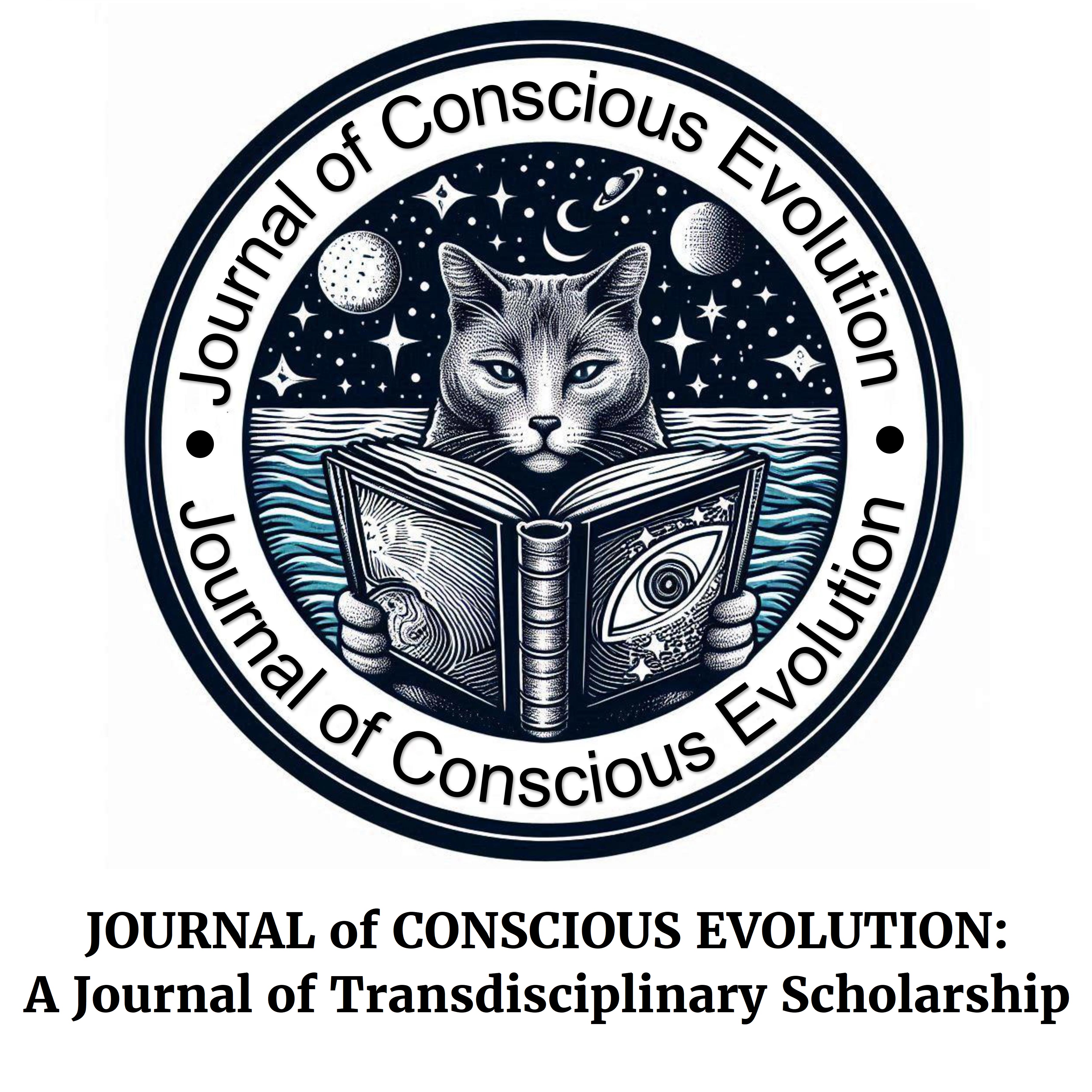
Abstract
The “linguistic turn” from the early 20th century created a shift in the ontological underpinnings of various disciplines within the social sciences. Several key figures asserted that much of what we think of as reality is constructed based on a system of social institution that we call language. Language shifted to becoming a fundamental aspect of the ontological realities within a given discipline in the social sciences. Most significant to my understanding of the relationship between language, its origins, and the emergence of higher forms of human consciousness is Terence McKenna’s Stoned Ape Theory. In this article, an exploration of McKenna’s theory will be addressed as it relates to the emergence of human language and consciousness while including a brief introduction to linguistic relativity in order to demonstrate how many great thinkers and scholars reasoned that language has indeed shaped our worldview. Finally, a reflection on the implications of McKenna’s theory for research in language pedagogy will be given as it relates to the current state of my research inquiry. Furthermore, it is my contention that McKenna’s theory be deemed worthy of in-depth consideration within the field of Consciousness Studies as it seems to offer a valuable lens to the current discourse on consciousness.
Recommended Citation
Lopez, N. (2020). An Exploration of Linguistic Relativity Theory for Consideration of Terence McKenna’s “Stoned Ape Theory” on the Origins of Consciousness and Language: Implications for Language Pedagogy. Journal of Conscious Evolution, 16(1). https://digitalcommons.ciis.edu/cejournal/vol16/iss1/6
Included in
Clinical Psychology Commons, Cognition and Perception Commons, Cognitive Psychology Commons, Critical and Cultural Studies Commons, Family, Life Course, and Society Commons, Gender, Race, Sexuality, and Ethnicity in Communication Commons, Liberal Studies Commons, Social and Cultural Anthropology Commons, Social and Philosophical Foundations of Education Commons, Social Psychology Commons, Sociology of Culture Commons, Sociology of Religion Commons, Transpersonal Psychology Commons


